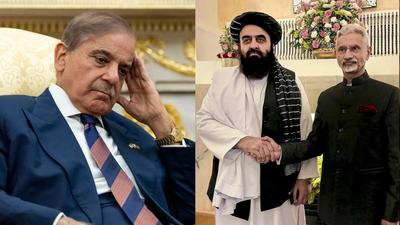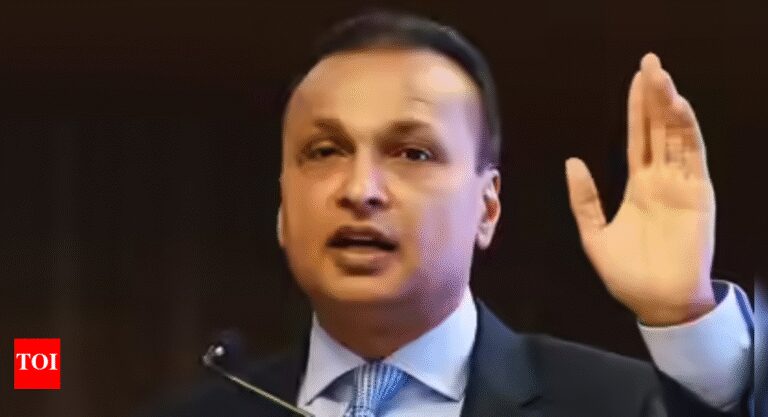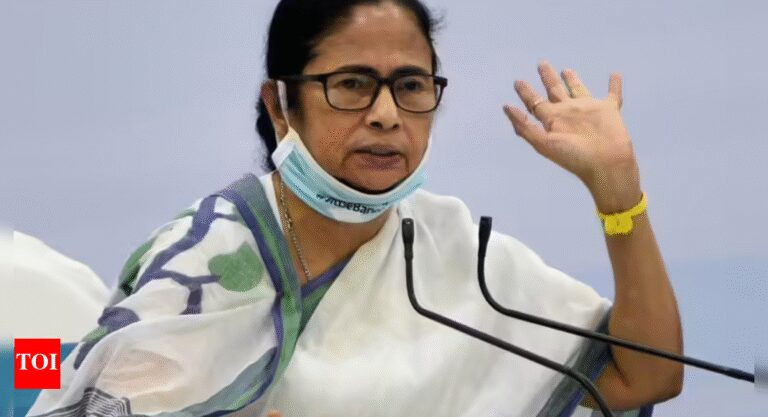MUMBAI: CBSE board exams are set to undergo a radical transformation, shifting from memory-based testing to assessments that measure understanding, analysis & real-world application. While the students may adapt quickly, the bigger concern is whether teachers are ready for the change.Under the new structure being phased in, 80% of Class X paper will now be competency-driven, marking a major shift from decades-old focus on rote learning. Of the total marks, 40% will come from ‘Higher Order Thinking Skills’ multiple-choice questions testing analysis and application, another 40% from short- and long-answer questions gauging conceptual understanding, and only 20% from factual recall.The change follows the National Education Policy 2020, which called for a move from knowledge-based to competency- and skill-based learning, with emphasis on conceptual clarity, critical thinking, and real-world relevance.To support this, CBSE has rolled out multiple reforms, including two board exams each year, 20% weightage for internal assessments, and plans to introduce two compulsory vocational subjects in classes XI and XII, as announced by education minister Dharmendra Pradhan at IIT Madras.However, the success of new system depends on teachers’ ability to frame & evaluate learning-based questions-a skill many currently lack. A nationwide study by the Centre for Teacher Accreditation, covering 3,000 teachers, found average subject knowledge scores at 62%, general pedagogy at 50%, and Pedagogical Content Knowledge at 53% – well below the 75% benchmark under the National Professional Standards for Teachers.“Some teachers struggle with conceptual clarity and application, while others grasp pedagogy but fail to apply it in classes,” said CENTA CEO Ramya Venkatraman. Govt data mirrors this gap – only 26.7% of teachers have been trained in computer-based instruction, according to UDISE.CBSE exam controller Sanyam Bhardwaj said teacher training is a priority. “This year, pedagogical training is being focused on STEM subjects,” he said, adding that nearly all teachers have completed the mandatory 50 hours of annual training.Yet, access remains uneven. Rashmi Panagriya, principal of Skyline School in MP, said only 18 of her 24 teachers have enrolled in training, citing costs and contractual exclusions. Avnita Bir, director-principal of R N Podar School, said, “The transition is gradual, but teachers are evolving through collaboration and mentoring.”Ultimately, as CBSE reimagines how students are tested, the success may depend upon how effectively India can train its teachers to teach the way it expects its students to learn.







